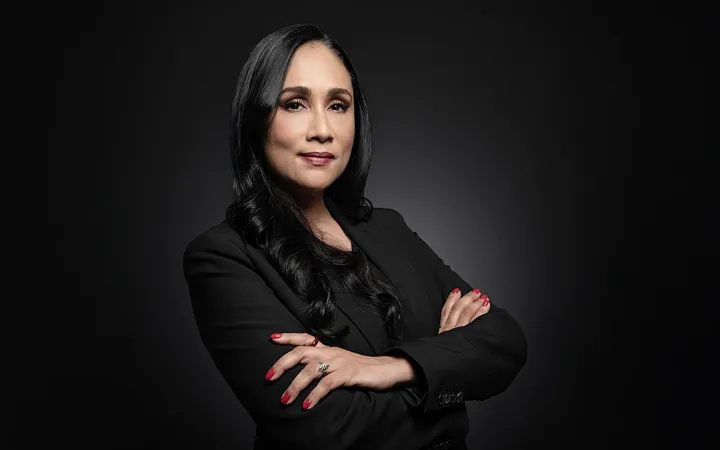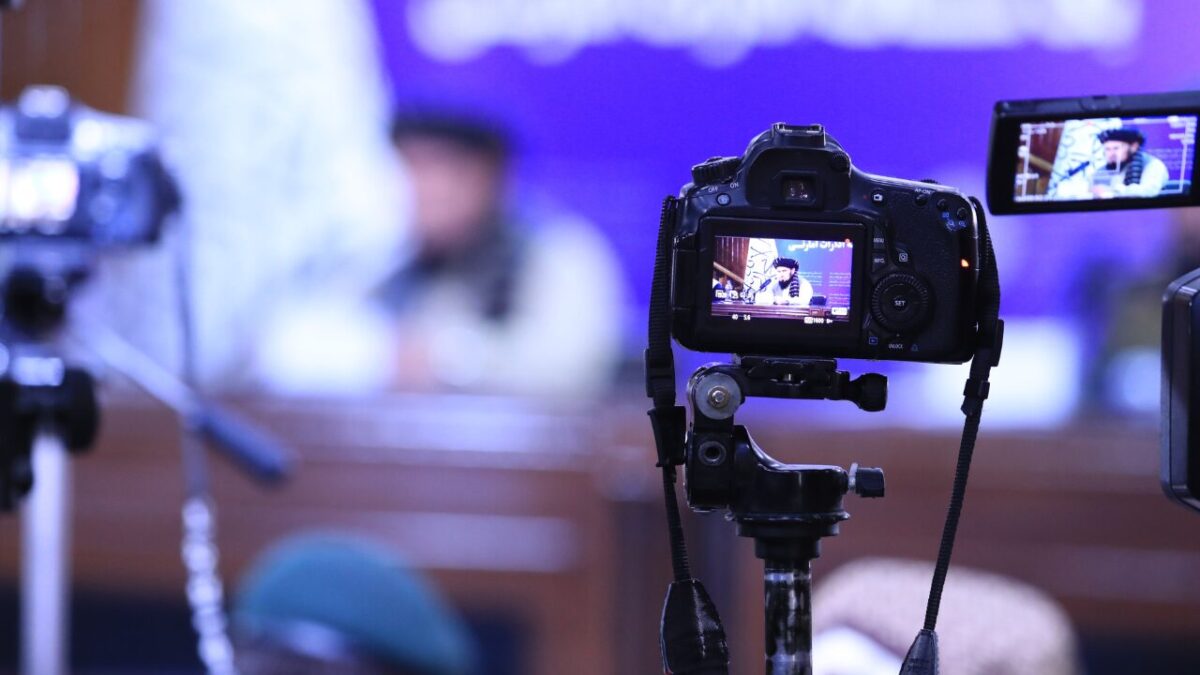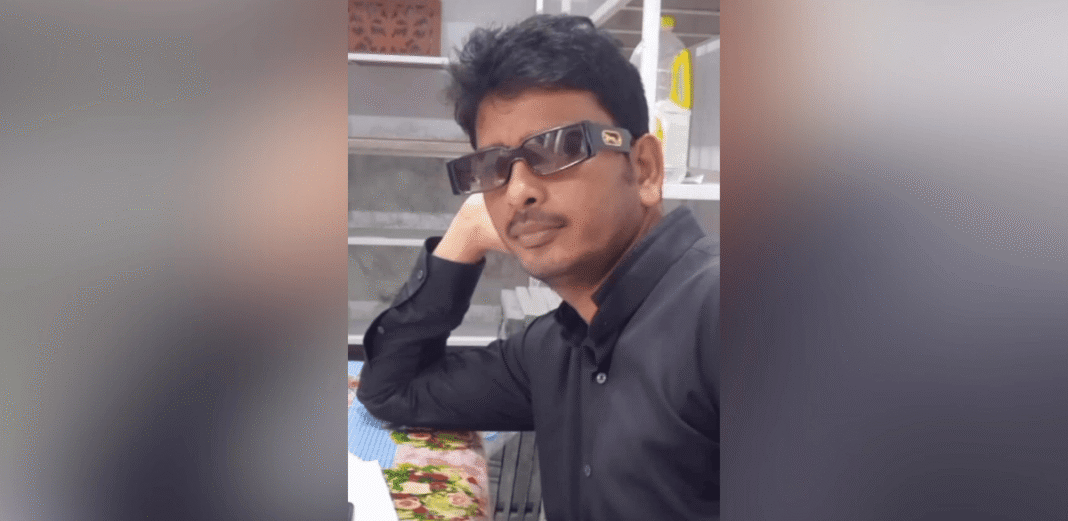
Mexican Reporter Adela Navarro Alleges Intimidation by Businessman with Armed Guards
November 5, 2025
Turkish Reports Expose Escalated Pressures on Journalists Men and Women Alike
November 6, 2025November 05, 2025 – Afghanistan –
Reporters Without Borders (RSF) has denounced a troubling new pattern emerging in Afghanistan under the rule of the Taliban: the public broadcasting of coerced confessions by detained journalists. One such case involves journalist Mahdi Ansary of the Afghan News Agency, who was arrested in October 2024 and later appeared in a video posted by a Taliban-linked Facebook page, confessing to alleged collaboration with exiled media and “anti-Taliban propaganda”.
RSF describes these staged admissions as part of a broader intelligence-driven tactic aimed at humiliating reporters, blurring the line between criminal charge and propaganda tool. The confessions, recorded without independent legal oversight, then serve to justify ongoing imprisonment, discredit media workers, and deter others from independent investigation. Ansary’s video follows similar ones of journalists such as Abuzar Sarem Sarepuli and Shakib Nazari, both of whom were detained earlier in 2025 and forced to confess on camera.
Since the Taliban took power in August 2021, Afghanistan’s media landscape has faced an intensifying crackdown: RSF reports at least 165 journalists arrested and a near collapse of the independent press. The country now ranks 175th out of 180 in the RSF 2025 World Press Freedom Index.
RSF is calling for the immediate release of Ansary and six other journalists currently held without due process, and it is urging international pressure on the Taliban regime to halt this new method of press repression. “These public humiliations mark a new phase in the relentless repression of journalists in Afghanistan,” said RSF’s South Asia desk head.
For journalists still operating under threat, the message is clear: even passive roles like editing or contributing to exile outlets can lead to public shaming, arbitrary detention, and “confession” videos used to justify silencing through fear. In a country where reporting critical of the regime can carry mortal danger, such tactics compound existing risks and deepen restrictions on independent media.
Reference –




